Why Millennials and Gen-Z Students Are Choosing Control Over Caution
Publication: Growing Leaders
By: Tim Elmore
Date: November 29, 2021
I don’t know if you’ve noticed, but teens and young adults today have been in a funk for the last several years. Mental health continues to be an issue in the aftermath of the COVID-19 pandemic. However, since 2017, I’ve been watching a trend that encourages me.
This overwhelmed population of young people (middle school, high school, and college students) seems to be turning a corner in a very palpable way. Despite the turmoil, disruption, volatility, and uncertainty, why do we see these young adults becoming more, not less, audacious? In a time when we’d assume they might cower in fear of the unknown, they are speaking up, quitting jobs, and bucking well-known traditions. In short, they are choosing control over caution. But why now?
Their answer is that the system feels broken.
What Young Adults Are Choosing Today
While this may not be news to you, your young adult’s recent actions may feel new. In 1954, psychologist Julian Rotter developed his Social Learning Theory. He then created a scale called the Internal-External Locus Scale to measure whether students felt as if they controlled their own success or if their success was in the hands of fate or some outside force.
- Students who tested more internal locus of control were the ones who felt they were responsible for their own success.
- Students who tested more external locus of control were the ones who felt that someone or something else was responsible for their fate.
Nine years into his research, Dr. Rotter concluded that the students who assumed an internal locus of control became far more successful in life. They took ownership of their health and fitness, their marriage and family, their jobs and careers. Sadly, since 2002, students have tested increasingly external on his scale. By a sharp margin. In fact, students today are 80 percent more likely to test external than children from my generation. Why? There are many reasons, but I believe the primary one is kids today feel absolutely overwhelmed.
So, what’s the good news?
The good news is there are trends today that seem to indicate millennials and Generation Z are stepping up and taking responsibility for issues that once seemed out of their control. Like it or not, here are four steps they’ve chosen.
They are quitting traditional jobs.
Generation Z is part of the millions of people who’ve quit jobs in the last eight months. It’s been called The Great Resignation. People walked away from jobs in record numbers. Why? They saw employers pass out pink slips in 2020 to people who’d been loyal on the job for years. While they didn’t blame employers for doing so, they felt vulnerable. Traditional jobs can be taken away. So many young adults are looking for “pandemic proof” jobs. They’ve jumped into the gig economy and chosen to let their side hustles be their thing for a while–Door Dash, Uber Eats, Lyft, you name it. These jobs feel like they’re more within the bounds of their control and will be around even if we see another COVID-19 variant. Can you blame them?
They don’t look to traditional institutions for solutions.
According to the Barna Institute, most Gen Zers have lost trust in traditional institutions such as government, corporations, or even education. Gen Zers believe these institutions haven’t followed through on their claims and promises. Why do they believe this? They’ve grown up with a smartphone and can research any leader, anytime. And social media makes sharing quick, easy, and scalable. I remember speaking to an audience of university students and noticed many of them were looking at their phones during my talk. When I asked later if they’d disengaged with my training, two spoke up and said, “No, we were checking to see if your information was accurate.”
They want to be paid now for today’s work.
This data is new, but the majority of workers–especially young team members–want to be paid at the end of a day for their day’s work. According to a Harris Poll, a majority of U.S. workers (83 percent) believe they should have access to their earned wages at the end of each workday or shift. Their preference runs counter to the traditional two-week pay cycles that have been in place for decades. The reason? “The negative impacts for individuals are considerable: nearly 75% of those who have experienced financial difficulties have reported material deterioration in their health and wellbeing.” Many young adults live paycheck to paycheck, and so much of their life is on-demand and instant access. Why shouldn’t money be?
They are protesting more passionately.
They are baffled at how Baby Boomers and Gen X leaders have allowed the kinds of injustices we see today. Ethnic, gender, and income inequality, as well as climate change, are major issues to them. Watching videos from the 1990s, they feel Rodney King was relatively innocent but was treated as guilty and O.J. Simpson was guilty yet treated as innocent. They can’t comprehend it. They’re not afraid to protest until their voices are heard. After the 2018 March For Our Lives, two high schoolers were asked how they were able to organize a protest as if they were adults. One responded, “We kids are acting like adults because the adults are acting like kids.”
What Do These Steps Have in Common?
Each of these four responses is about control. Because young people felt their lives were spiraling out of control, their natural response was to get into a position of greater control. While we may not agree with everything they do, we must recognize that taking responsibility for their lives is exactly what they need to do. We have been too prescriptive, structured, and controlling as we’ve led them. Perhaps we’d do well to relinquish a bit more control and empower them to “own” their lives. My advice? As you lead young people:
- Don’t think control, think connect. Connect with them, but let them make choices.
- Don’t think prescriptive, think descriptive leadership. Let them choose their steps.
- Don’t think manage, think mentor. Be a guide, not a god, as they mature.
Maybe all the negative news about quitting jobs and protests could enable maturity in Gen Z.
This article was originally published HERE.


No Comments